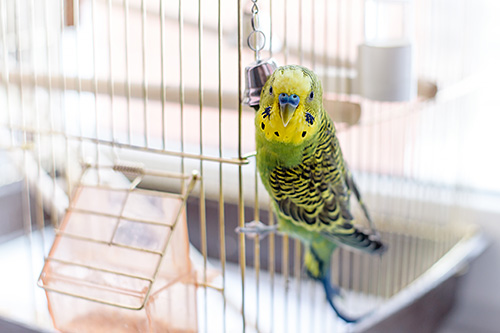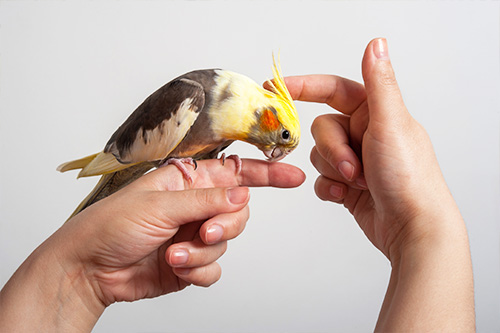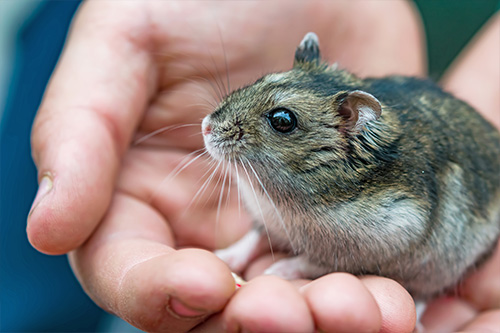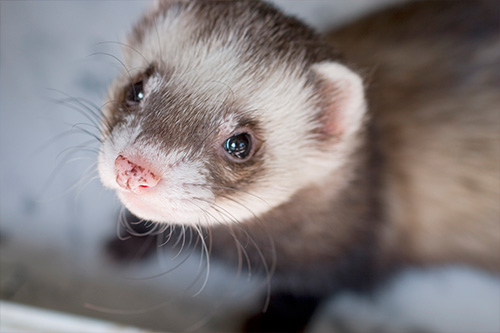
Our team of veterinarians and veterinary technicians provides many services at our clinic, ranging from routine to advanced procedures. Although we handle the majority of your pet’s medical and surgical needs in-house, we occasionally refer patients to veterinary specialists or specialty clinics when advanced training or equipment will be beneficial.
Board-certified specialists, such as oncologists, ophthalmologists, and neurologists, have extensive experience and training in a particular area of veterinary medicine or surgery. Specialty clinics and university-affiliated referral centres have specialized equipment to perform procedures that are not routinely performed by general veterinary practitioners.
We make referral decisions because we want to ensure that our patients receive a high standard of care and the best possible outcome. Be assured that when we refer a patient to another hospital, we continue to stay involved with his or her care, consulting with the treating specialist and often providing any needed follow-up care and rehabilitation.








